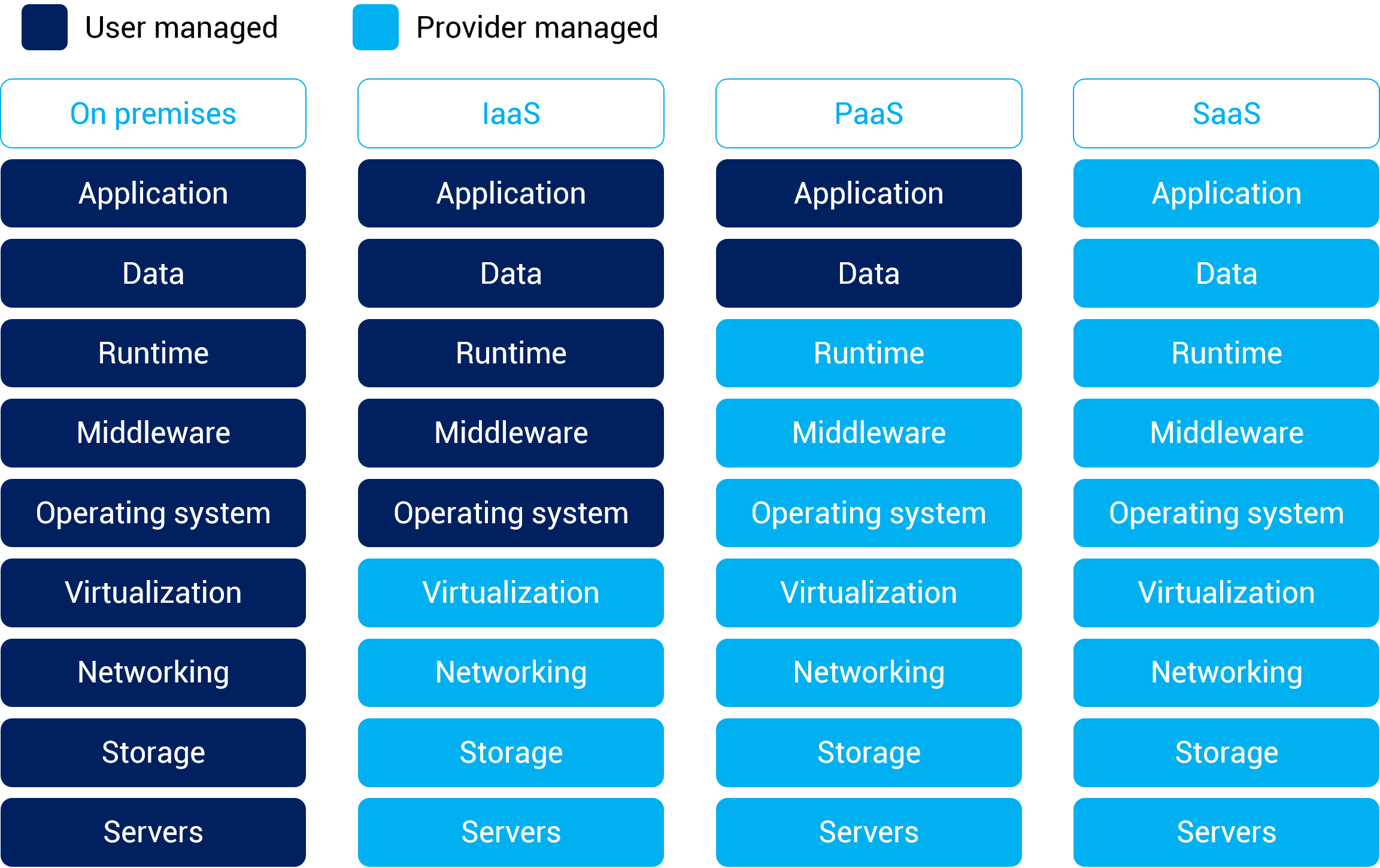What Is IaaS?
Infrastructure as a service (IaaS) is a form of cloud computing based on automation and orchestration technologies to on-demand provision and manage virtualized infrastructure resources such as server, storage and network over a wide area network (WAN) to the consumer. The consumer does not manage or control the underlying cloud infrastructure but has control over their resources where the consumer is able to deploy and run arbitrary software, which can include operating systems and applications.

What are the benefits of IaaS?
Business Advantages
IaaS frees up human resources to let consumer focus on core businesses and content delivery rather than on IT infrastructure which does not generate business value. IaaS also let consumer easily achieve high availability and business continuity in a cost effective way with right service level agreement in place.
Technical Advantages
IaaS allows consumer to adjust processing capacity by scaling the infrastructure resources vertically and horizontally in an automated manner according to the change of processing demand. IaaS usually comes with value-added services to those infrastructure resources like detailed billing, monitoring, log access, security and load balancing and clustering.
Financial Advantages
IaaS typically offers flexibility on financial model. The essence of IaaS financial model are Pay-As-You-Go and Subscription. Pay-As-You-Go model is based on the consumption of resources such as per hour/day usage. Subscription model is based on the period of resources reservation for the consumer and the price is fixed within the period regardless of the actual consumption.
Related Articles
-
What is cloud computing
Knowledge Base Team
-
What is SaaS
Knowledge Base Team
-
What is PaaS
Knowledge Base Team
-
Difference between IaaS, PaaS and SaaS
Knowledge Base Team
-
What is public cloud
Knowledge Base Team
-
What is private cloud
Knowledge Base Team
-
What is hybrid cloud
Knowledge Base Team




